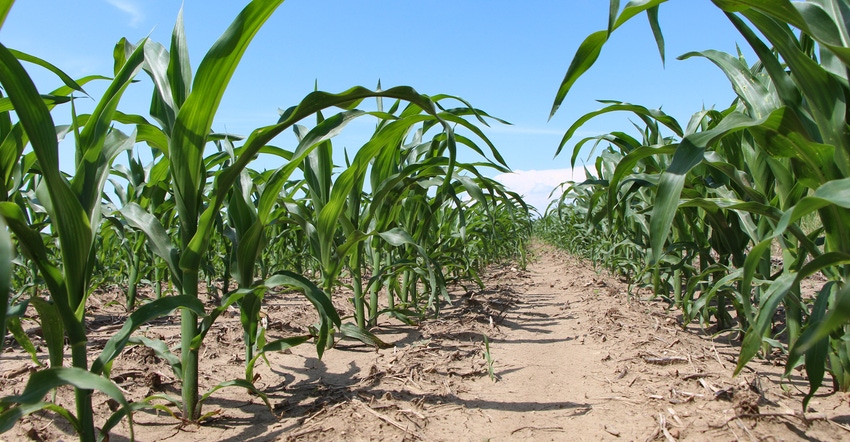June 10, 2020

The University of Missouri Soil and Plant Testing Laboratory remains open and ready to test soil, plants and manure for the state’s farmers and ranchers.
“We understand the essential role the lab plays in supporting Missouri's agricultural industry,” says Robert Kallenbach, MU Extension senior program director for agriculture and environment. “If we can continue to operate safely, the MU soil testing laboratory in Columbia will continue to accept samples.”
The MU Soil and Plant Testing Lab has served farmers and homeowners for at least 70 years. Tests provide unbiased, research-based recommendations for efficient nutrient management and improved production.
Because of COVID-19, many MU Extension centers are not accessible. If your county Extension center is closed at this time, you can submit your samples directly to the MU Soil and Plant Testing Lab, 23 Mumford Hall, Columbia, MO 65211.
How to submit samples
There are different sample protocols depending upon the test a farmer requests.
Soil samples
The minimum sample size is 1 cup.
Use proper containers, such as the boxes and bags specifically designed for them. Boxes are free from your local Extension center.
Do not send soil in glass jars, coffee cans or plastic bags.
If samples are very wet, allow them to air dry for a day before mailing.
Copy the serial number and field or sample ID from the sample information form to the soil sample container.
Plant samples
Wipe off dust with a damp cloth or rinse lightly with water.
Fresh plant tissue should be air dried before sending.
After air drying, put the sample in a clean paper bag or envelope.
Manure samples
Collect multiple samples from locations, mix them together and make a composite sample.
Obtain samples from at least 10 different places or depths to make the composite sample. In the case of poultry litter, sample to the bottom of the litter.
Agitate the liquids before collecting the sample when possible.
For dry samples, submit 1 quart of dry manure in a plastic bag, squeeze excess air from the bag and seal it.
Write the sample number or ID on the bag and mail.
For wet samples, submit 1 pint of liquid manure in a plastic container.
Do not fill the container. Make sure to leave at least one-third free space and tighten the cap securely.
Write your sample number or ID on the container with permanent ink and mail.
Visit the lab’s website at soilplantlab.missouri.edu for detailed instructions and to generate a UPS shipping label. Include a completed sample information form. Forms are available for download:
Field crops. extension2.missouri.edu/mp188
Lawns and gardens. extension2.missouri.edu/mp555
Commercial fruits, vegetables and turf. extension2.missouri.edu/mp727
“We're working hard to serve the many Missourians who depend on our services,” says Manjula Nathan, lab director. “We are also working hard to ensure our team stays safe and healthy in this unprecedented time. We thank you for your ongoing support and understanding.”
For more information, visit soilplantlab.missouri.edu or call 573-882-0623.
Source: University of Missouri Extension, which is solely responsible for the information provided and is wholly owned by the source. Informa Business Media and all its subsidiaries are not responsible for any of the content contained in this information asset.
Read more about:
Covid 19You May Also Like




